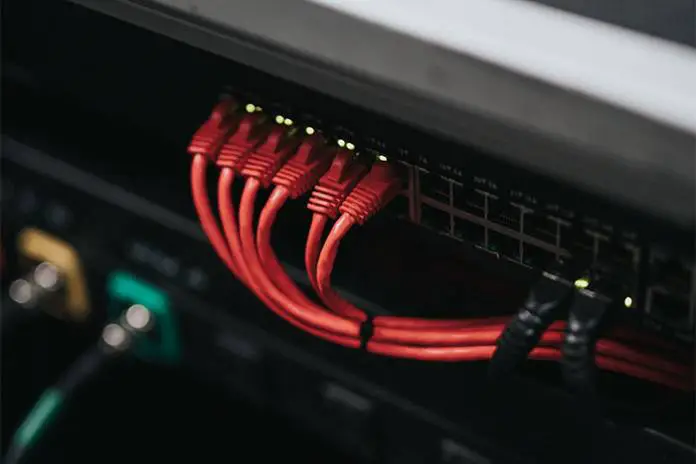
If you work in tech, you probably already know what a proxy is. But then why would you be reading this article? Most likely you’ve heard of the term before, but you’re not sure exactly what a proxy is and what it does. We’re used to using the term “proxy” to refer to a person who is licensed to do a particular action on behalf of someone else. This is somewhat similar to what the type of proxy we’ll be discussing here does.
What Is a Proxy Server?
A proxy server or proxy for short it’s also a sort of intermediary between you and a website. Instead of sending your request to access directly to the website, you send it to a server that will route it through a different IP address. It basically makes all your internet activity seem as if it’s coming from a different computer at a different location. A proxy can be located anywhere and usually, you, as the client get to choose the location of your IP address.
This is very useful both for security reasons as well as for accessing geo-restricted websites.
How Do Proxy Servers Work?
Let’s delve into how a proxy works. You first make a request. You want to access the web page example.com. You type the URL and press enter. Instead of connecting to example.com directly using your computer’s IP address, the proxy server will take your request, update it and send it from its own IP address. This prevents your IP address and any other identifying information from reaching the example.com server.
Now the example.com server thinks that your request is coming from a different IP address and a different location. It will send back the data you wanted to access through the proxy server. Next, the proxy server will take that data, check for malware or any other security issues, and send it to your computer.
What Are Private Proxies?
A proxy server doesn’t have to be limited to just one user at a time. Most free proxies you find on the internet are shared proxies, meaning multiple people are sending their requests and accessing data at the same time. The problem with free proxies is that many are set up by hackers trying to steal data.
You can also find securely shared proxies. Several clients can pool together and share the cost, so it’s a cheaper option.
Private or dedicated proxies, on the other hand, allow only one client to connect and send requests from each IP address. This gives you better speed and also helps the proxy provider because they can make sure the proxy isn’t abused or the IP address isn’t banned from different websites or services.
Always check for the term “dedicated” because private can have some ambiguity. It can mean that only one client can use the proxy at a time, but it can also mean that you need authentication before using it.
We recommend you steer clear of public proxies since they’re unreliable at best and you’re taking a huge gamble with your data. To generate profit, public proxies will also sell you information to advertisers and install adware so you’ll see ads every time you want to use them. Lastly, if you want to use a proxy to see video content, public proxies are the worst option since they’re very slow and the connection tends to break quite often.











